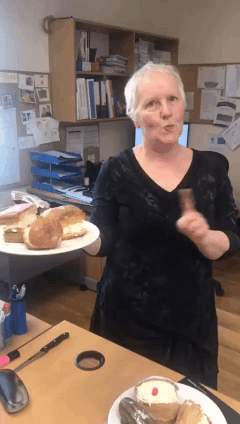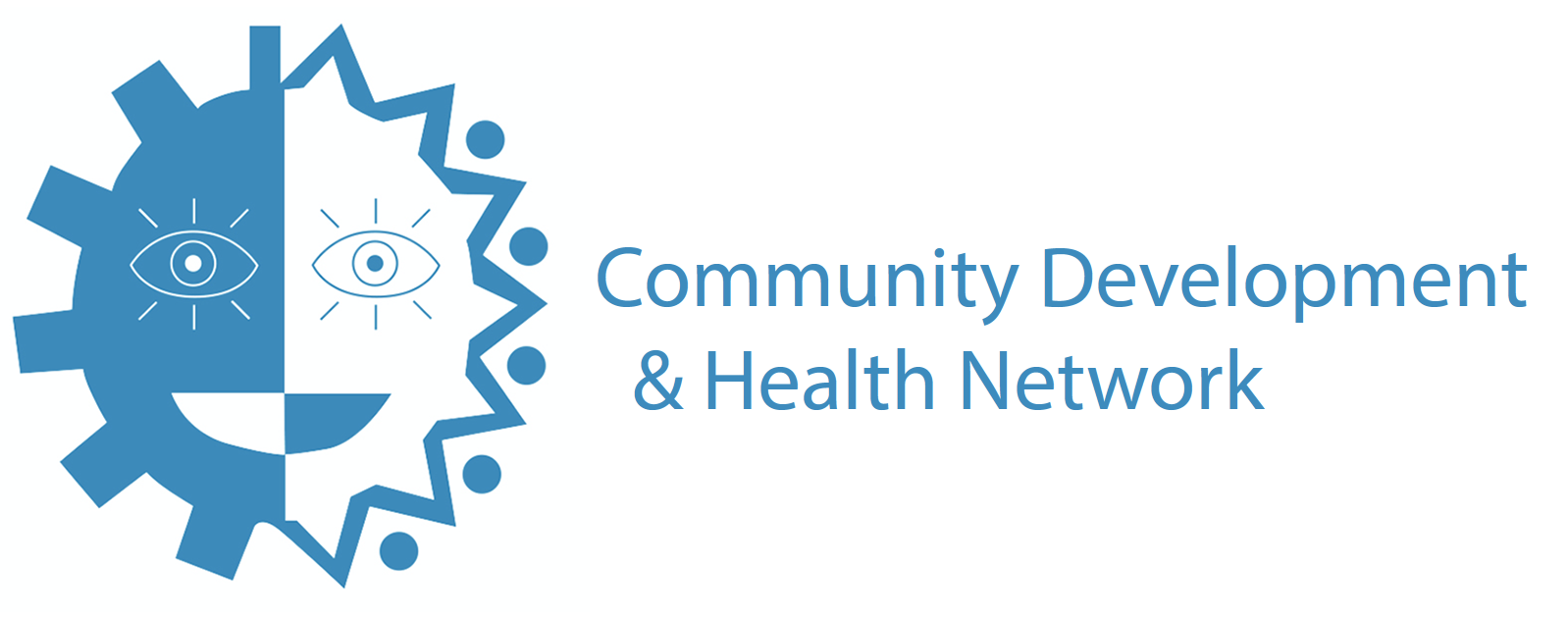Food and frailty...but not much fun!

A PhD student at the Centre for Public Health, Queens University Belfast put out a call for volunteers aged over 65 years to take part in a study to investigate the association between diet, body composition, physical function and risk of frailty. The study involved attending the Northern Ireland Clinical Research Facility at Belfast City Hospital on one occasion for approximately two hours. CDHN’s Mary O’Hagan reflects on her experience.
“The email around the frailty study arrived and, in work mode, I thought CDHN must promote this…then it dawned on me that this is my age group, it’s me they want! Like many people my age (65ish) I don’t really think of myself as an older person.
I took a day off work to participate as I realised if I was paying for this study, it would be costly. It was bound to give me some useful data and help me to address my weight. I arrived in Belfast and had a cup of coffee at the CHAT Café in the hospital. With my healthy eating hat on, I realised that even the healthiest options on offer were very high in sugar and carbohydrates.
I was now wondering what I had let myself in for. The meet and greet was carried out by the lead researcher who really put me at ease and explained everything in detail. Then the dreaded statistics – height, weight and measurements! I was quite shocked to see that I was on the high side of overweight heading for the red area indicating obesity. I knew I was overweight (11 stone 3 lbs) but like a lot of people, it was always something I was hoping to address…starting next Monday!
I make a vegetable smoothie every day – one habit I am extremely proud of. Even though I take this daily, I adulterate my daily intake with copious amounts of unhealthy foods. As many people will already recognise, there are various factors that impact on what we eat even if we are knowledgeable about nutrition. Perhaps this study would help me to highlight my weaknesses and understand my cravings.
It was essential that I didn’t leave the Research Facility all fired up to become healthier because I had to complete the four-day diary reflecting my normal diet. This was very in depth and I realised it would be quite a piece of work although I didn’t fully understand how laborious and complex it would be until much later. I needed to detail precise measurements and exact brands. The process of recording my four days was an absolute torture. It would have been better if I had eaten more processed foods as the back of the packets would have held all the information required. Home cooking was not the easiest to record.
I think facing the results of these measurements has made me more focused around health issues and the burden that extra weight can bring to your health. I am trying to eat more healthy produce and more nutritionally valuable foods rather than focusing on what I cannot eat. Two months on, I have changed my diet dramatically and lost weight.
One of the main things I thought about greatly in relation to frailty is the ‘internalised ageism’ we probably all suffer from - thinking that we inevitably slow down or lose function as we age and this is simply not true. We must aim to improve our present state of fitness as we age, not regress. Watch this space everyone, sure I’ll be so small and fit you’ll need binoculars to see me!!”



